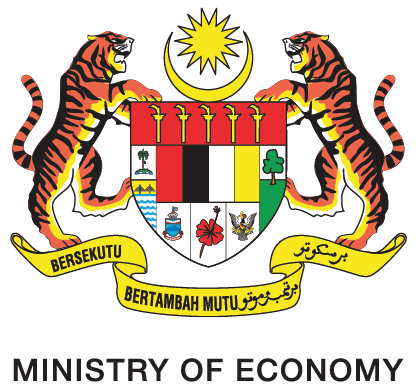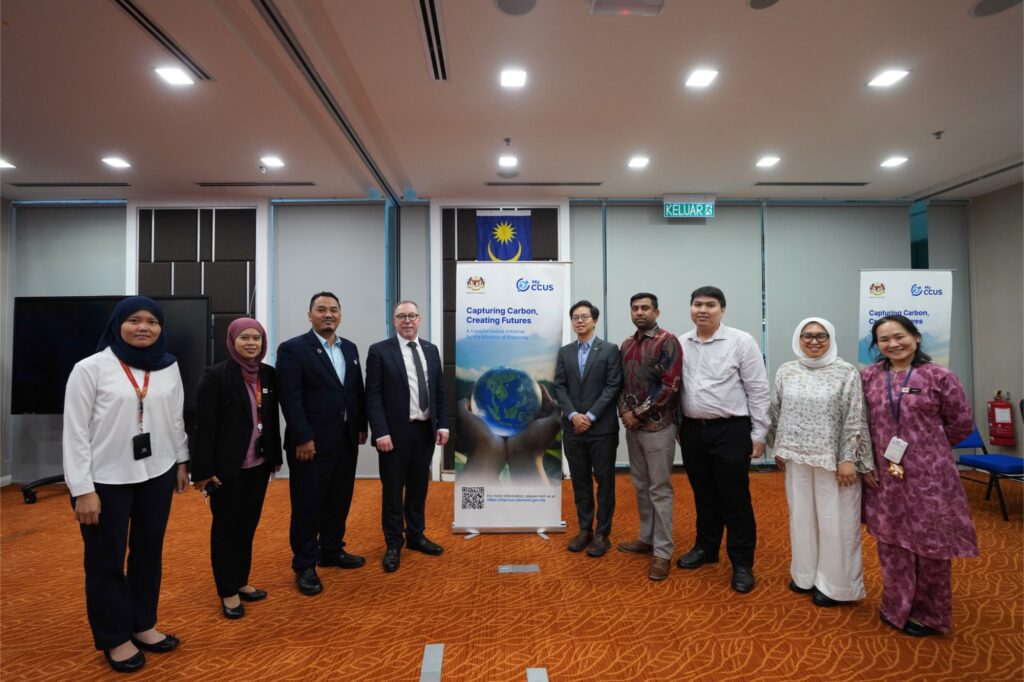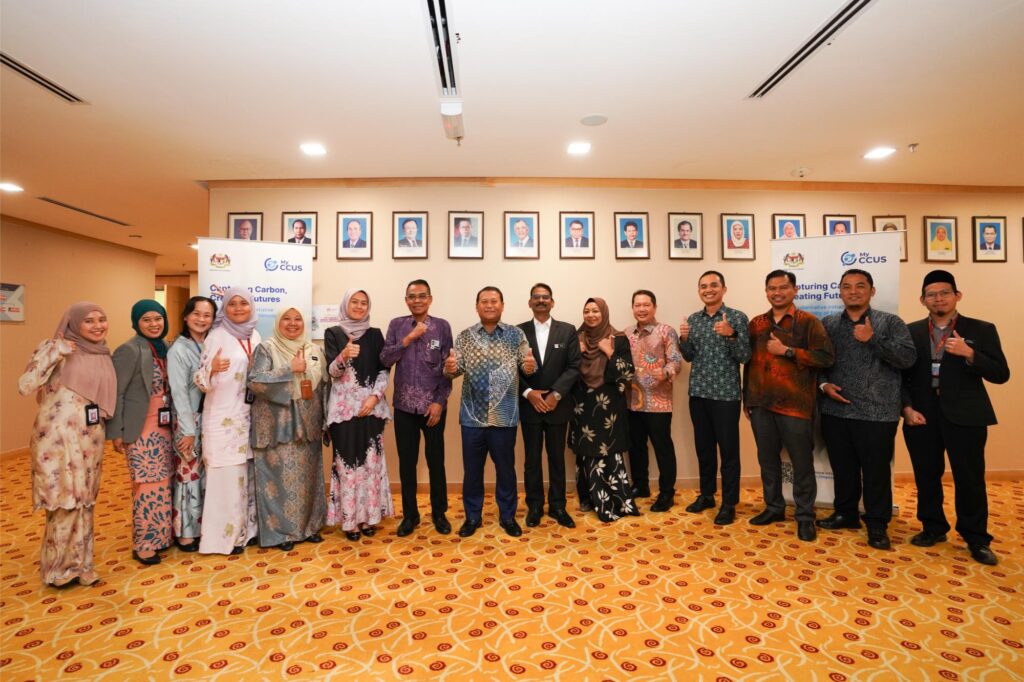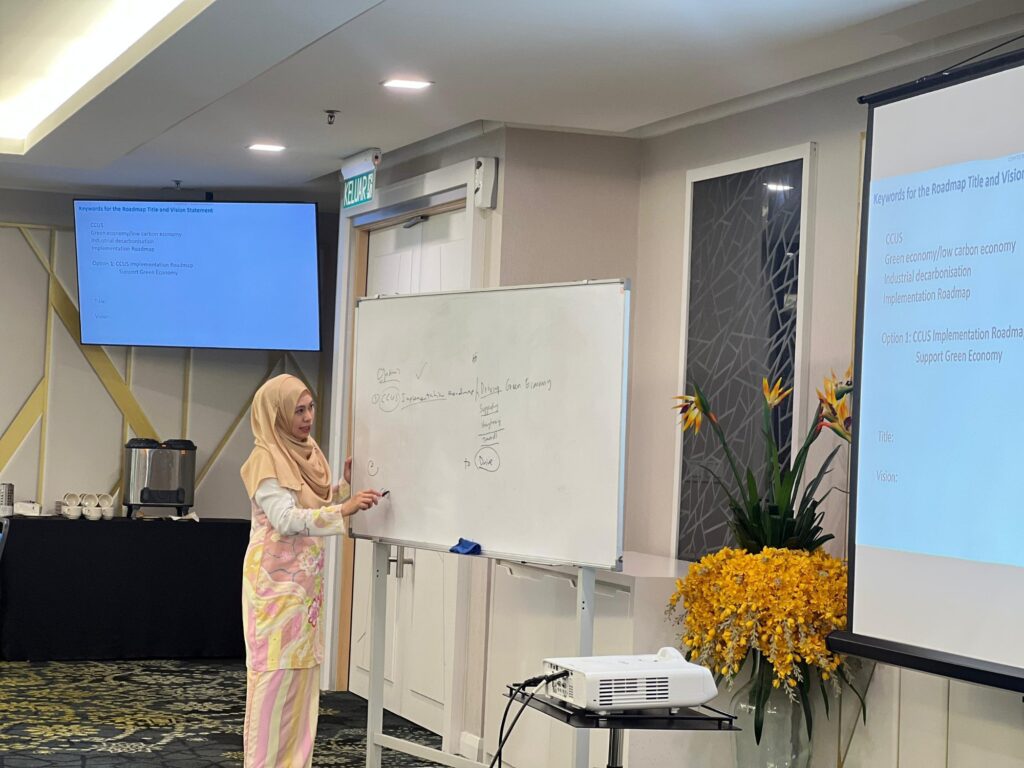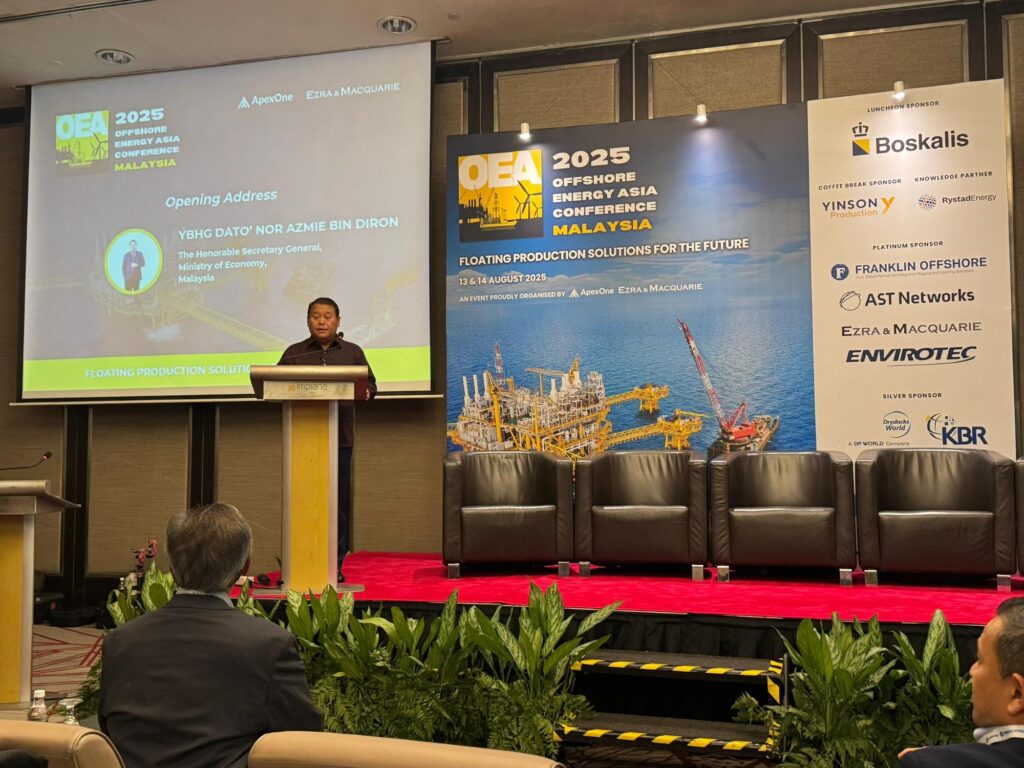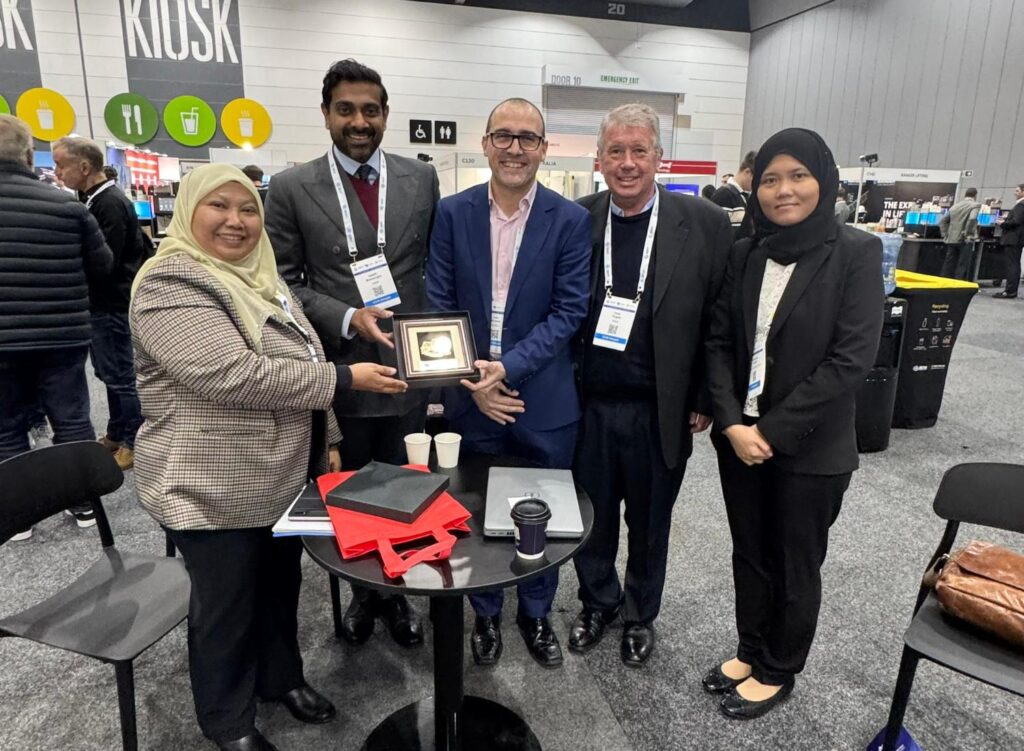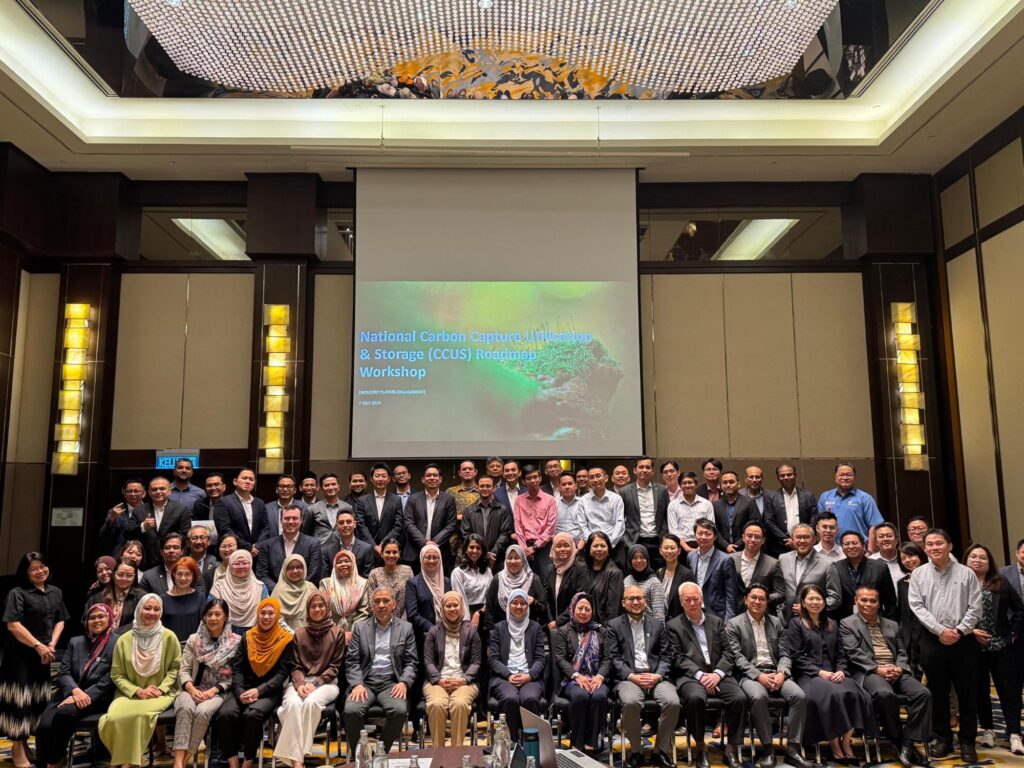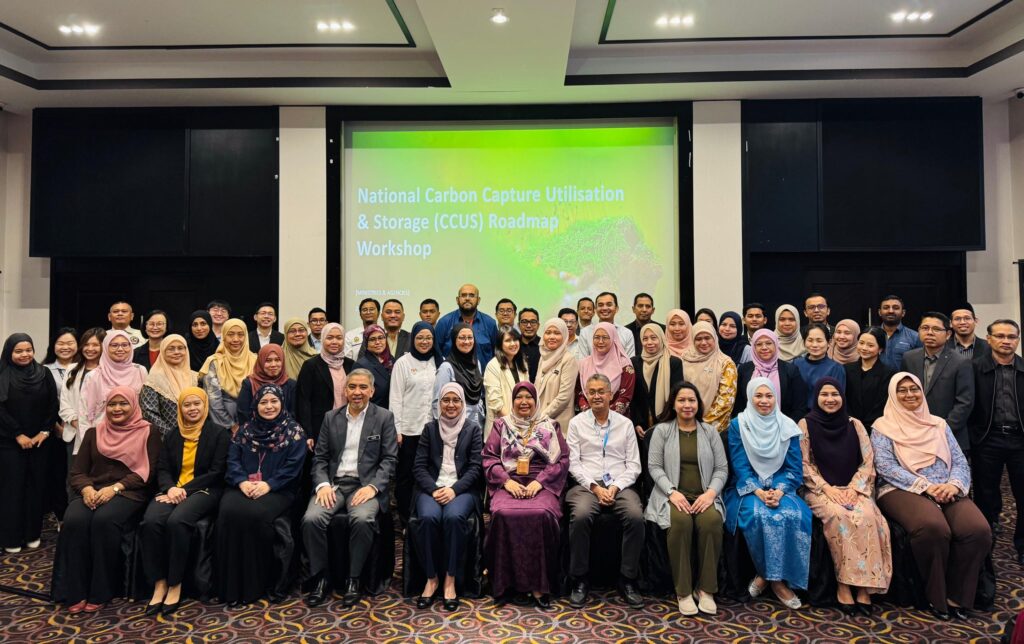Activities
Malaysia’s CCUS Initiatives
Initiatives:
- Develop policy and regulatory framework to facilitate the implementation of CCUS projects
- Establish governance structure of CCUS by clearly defining roles of each ministry and agency
- Amend existing regulations (e.g Exclusive Economic Zone Act 1984 [Act 311] and National Land Code) to incorporate key enablers for CCUS development
Champion:
Initiatives:
- Establish carbon pricing instrument to drive the adoption of carbon capture technology for stationary emitters
- Enhance incentives to reduce cost, enable access to funding and encourage adoption of CCUS technologies (e.g., public catalytic funds, tax credits, contract for difference)
Champions:
Ministry of Economy
Initiatives:
- Explore collaboration with potential investors and financiers to fund and catalyse investments in CCUS infrastructure for hub development
Champion:
Initiatives:
- Negotiate and introduce transboundary CO2 regulatory agreement encompassing the provisions on transboundary movement and storage of carbon, liability and cost sharing (Exhibit 5.9)
Champion:
Initiatives:
- Set specific mandates within use case (e.g. cured concrete and urea)
Champion:
Initiatives:
- Develop policy and regulatory framework to facilitate the implementation of CCUS projects
- Establish governance structure of CCUS by clearly defining roles of each ministry and agency
- Amend existing regulations (e.g Exclusive Economic Zone Act 1984 [Act 311] and National Land Code) to incorporate key enablers for CCUS development
Champion:
Initiatives:
- Establish carbon pricing instrument to drive the adoption of carbon capture technology for stationary emitters
- Enhance incentives to reduce cost, enable access to funding and encourage adoption of CCUS technologies (e.g., public catalytic funds, tax credits, contract for difference)
Champion:
Ministry of Economy
Initiatives:
- Explore collaboration with potential investors and financiers to fund and catalyse investments in CCUS infrastructure for hub development
Champion:
Initiatives:
- Negotiate and introduce transboundary CO2 regulatory agreement encompassing the provisions on transboundary movement and storage of carbon, liability and cost sharing (Exhibit 5.9)
Champion:
Initiatives:
- Set specific mandates within use case (e.g. cured cincrete and urea)
Champion:
CCUS Bill
Key developments include:
A Memorandum tabled to the Malaysian Cabinet on 21ˢᵗ May 2024, initiating the framework’s preparation.
01
The Ministry of Economy intends to introduce the proposed CCUS Bill to Parliament in November 2024.
02
A presentation to the Malaysian Cabinet on the CCUS framework will precede the parliamentary submission.
03
Malaysia 1st CCUS Conference 2023
Carbon Capture, Utilisation and Storage (CCUS) – A key driver in Malaysia’s energy transition. The conference aimed to shape a sustainable and resilient energy future by focusing on four key pillars:
1. Policies & Regulations:
Engagement Sessions
20th January 2026
Capacity Building Session on Carbon Storage
15th October 2025
JAPAN CCUS SUMMIT 2025
9th October 2025
Meeting on The Malaysian Carbon Capture, Utilisation and Storage Agency
27th August 2025
Workshop on CCUS Roadmap Documentation 2025
13th-14th August 2025
Offshore Energy Asia Conference 2025
17th-18th July 2025
Carbon Capture APAC Summit 2025
7th July 2025
National Carbon Capture Utlisation & Storage (CCUS) Roadmap Workshop Session 2
2nd July 2025
National Carbon Capture Utlisation & Storage (CCUS) Roadmap Workshop Session 1
7th May 2025
Courtesy Meeting with Mitsubishi Heavy Industries and Samsung E&A
7th May 2025
Courtesy Meeting with Ministry of Economy, Trade and Industry, Japan
7th May 2025
2025 Asia Pacific Forum on Carbon Capture and Storage (APAC Forum)
7th May 2025
Malaysia - Singapore Joint Committee Meeting on Cross-Border CCS
21st March 2025
Townhall Session on Technology Development Related to Carbon Capture, Utilisation, and Storage (CCUS) Initiatives
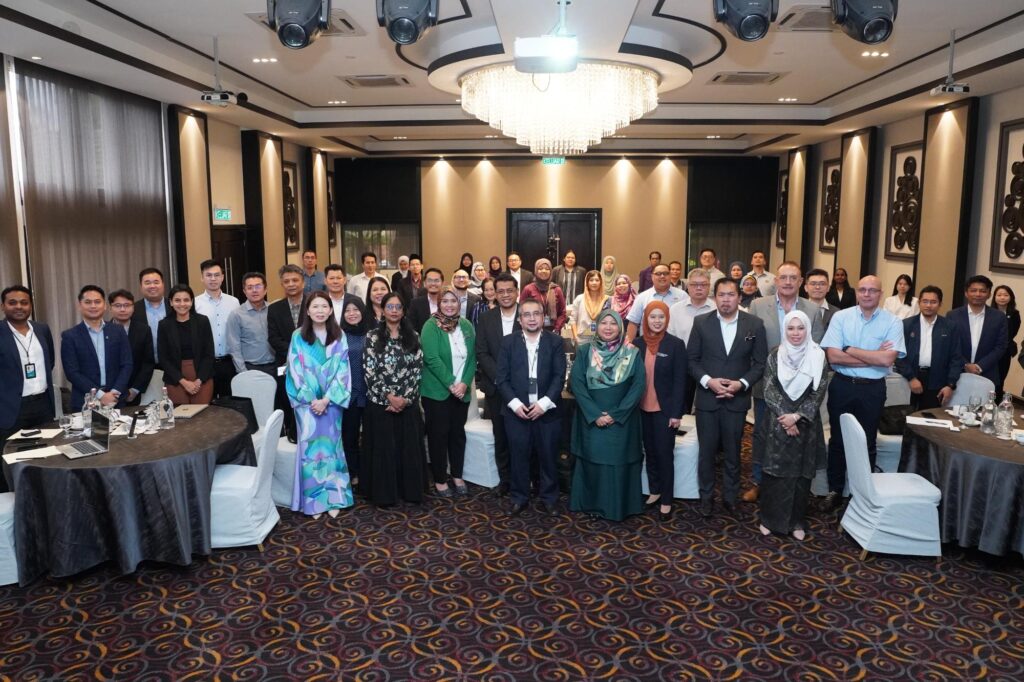
1st July 2024
Industry Dialogue with Hard-to-Abate and Energy Sectors
